In today's world, non-communicable diseases (NCDs) like heart diseases, diabetes, hypertension, respiratory issues, and cancer are responsible for a significant portion of global deaths, accounting for 68% worldwide and 61% in India.
Governments and organizations are prioritizing strategies to address this health crisis. However, detecting and managing NCDs, particularly in rural areas, presents a considerable challenge. That's where technology steps in, offering a solution that can screen, track, and manage NCDs on a large scale. Enter Digital LifeCare, a digital platform devised by Dell, which is making a profound impact on healthcare.
Digital LifeCare acts as a modern digital hub, integrating mobile, cloud, and analytics applications. It empowers healthcare workers across the spectrum – from rural auxiliary nurse midwives (ANM) to urban doctors – to screen, diagnose, manage, and monitor NCDs at various levels. Mallari Kulkarni, leading the initiative at Dell Technologies, emphasizes that the platform's enrollment has surged from 58,000 in 2018 to a staggering 238 million. This digital marvel doesn't merely collect data; it offers a continuum of care, ensuring patients receive tailored attention, including assistance with appointments. Furthermore, it assists authorities in crafting effective health strategies.
The power of Digital LifeCare lies in its ability to provide a holistic view of patients over time through seamless data-sharing. This becomes crucial for NCDs, often remaining silent until advanced stages. These chronic conditions demand consistent follow-up treatments and lifestyle changes. Without technology, managing NCDs on such a massive scale would be a prolonged endeavor.
The platform's transformative impact reaches rural areas, where frontline workers like ANM and Asha used to rely on physical registers for data collection. With the DLC app, data entry becomes digital, minimizing errors at the grassroots level. The app's ability to offer actionable insights in the field is invaluable.
Creating Digital LifeCare came with its share of challenges. Ensuring offline functionality was one obstacle, successfully tackled by allowing medical workers to work offline and syncing data to the cloud when online. Language was another hurdle, which is tackled with the app accommodating eleven local languages to ensure effective communication.
In a country with hundreds of millions of potential users, scalability was a major concern. The team implemented a federated deployment architecture to maintain data both at state and national levels, providing flexibility based on local preferences.
Currently, the platform is operational in 33 states, with Kulkarni highlighting its global relevance as a blueprint for enhancing healthcare accessibility and quality.
Digital LifeCare's journey showcases the fusion of technology and healthcare, a beacon of hope in the fight against non-communicable diseases.
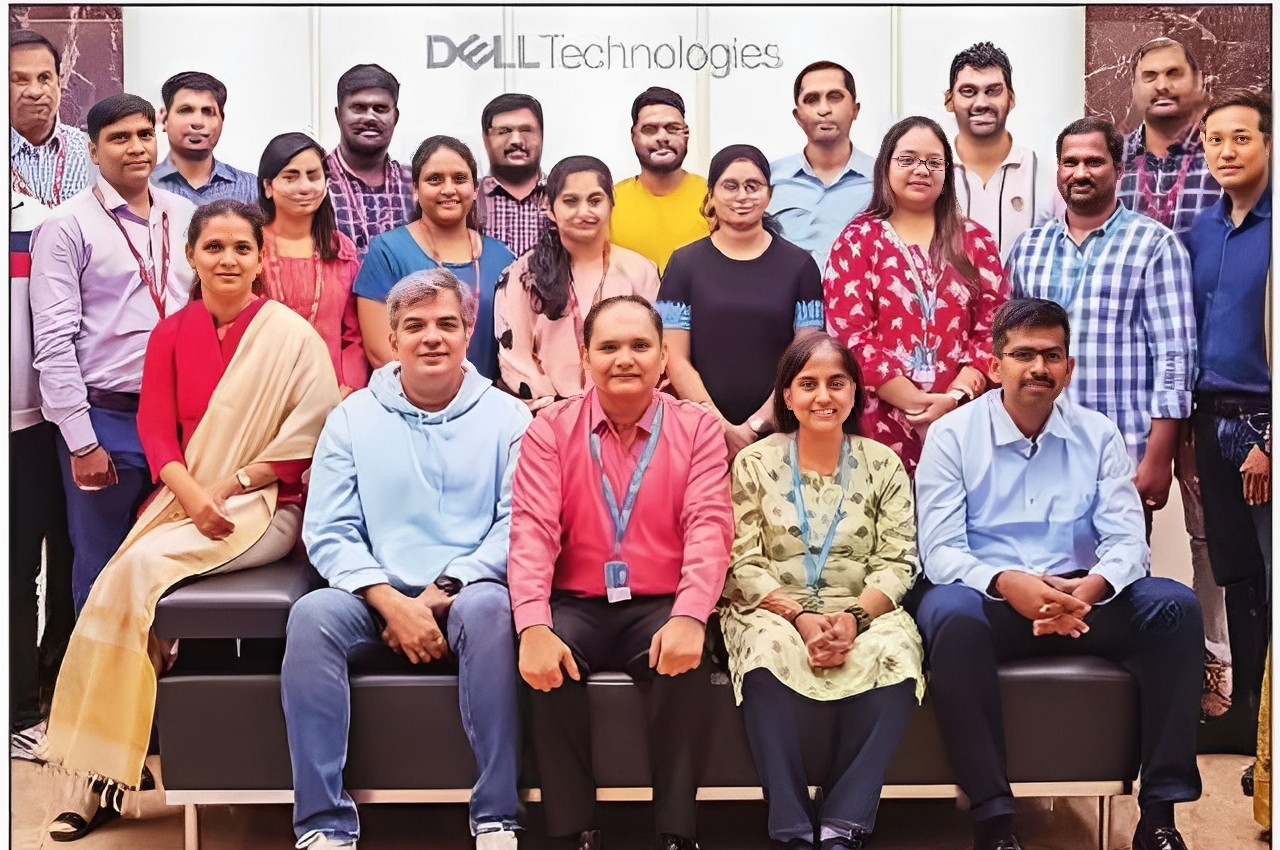
 The power of Digital LifeCare lies in its ability to provide a holistic view of patients over time through seamless data-sharing. This becomes crucial for NCDs, often remaining silent until the advanced stages.
The power of Digital LifeCare lies in its ability to provide a holistic view of patients over time through seamless data-sharing. This becomes crucial for NCDs, often remaining silent until the advanced stages.





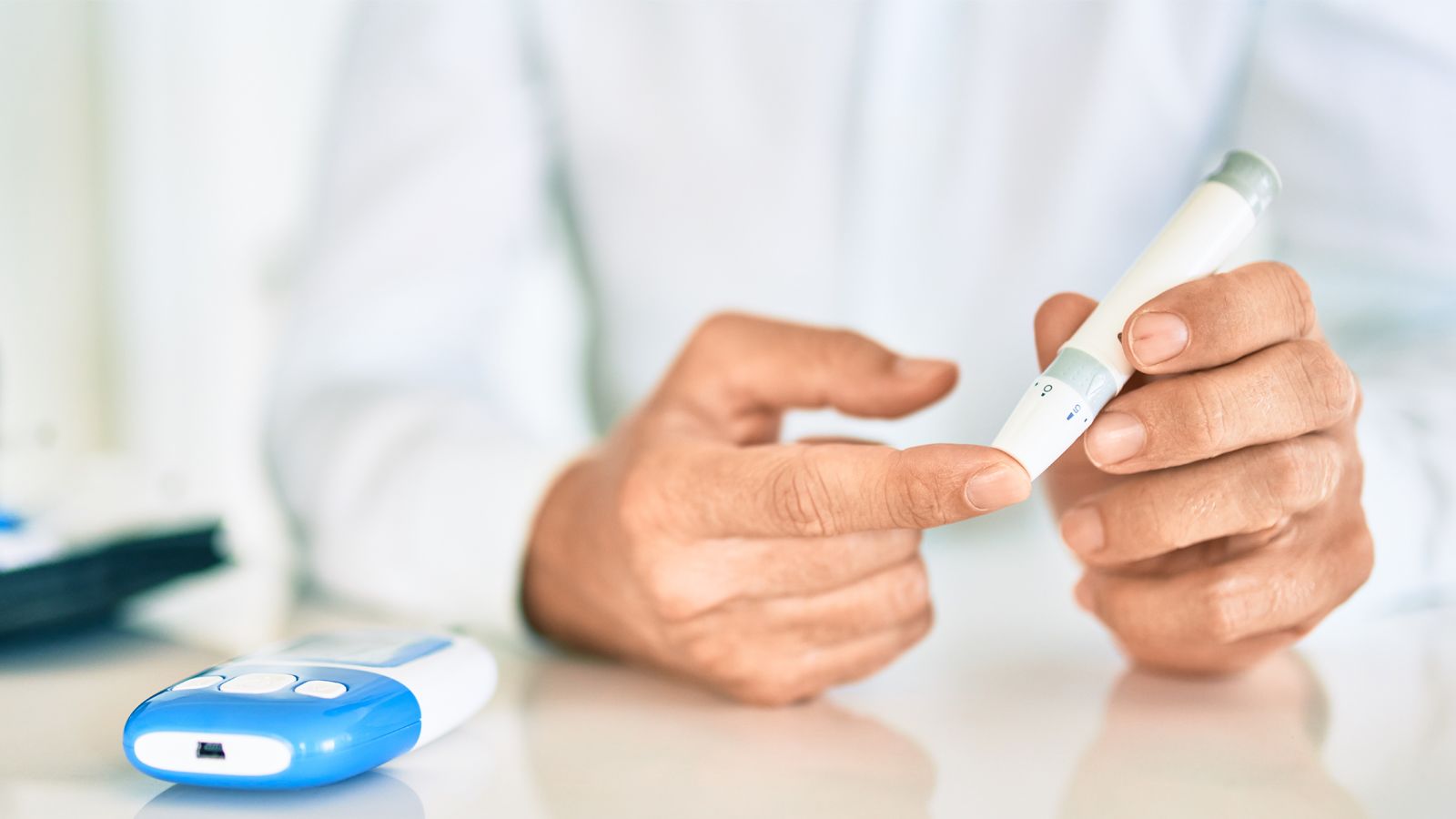
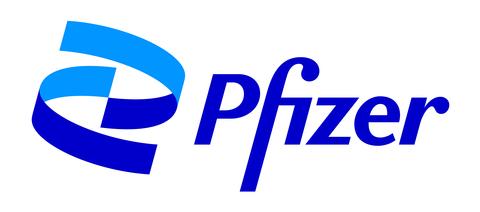

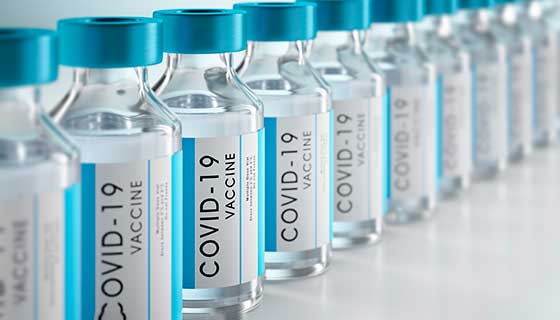
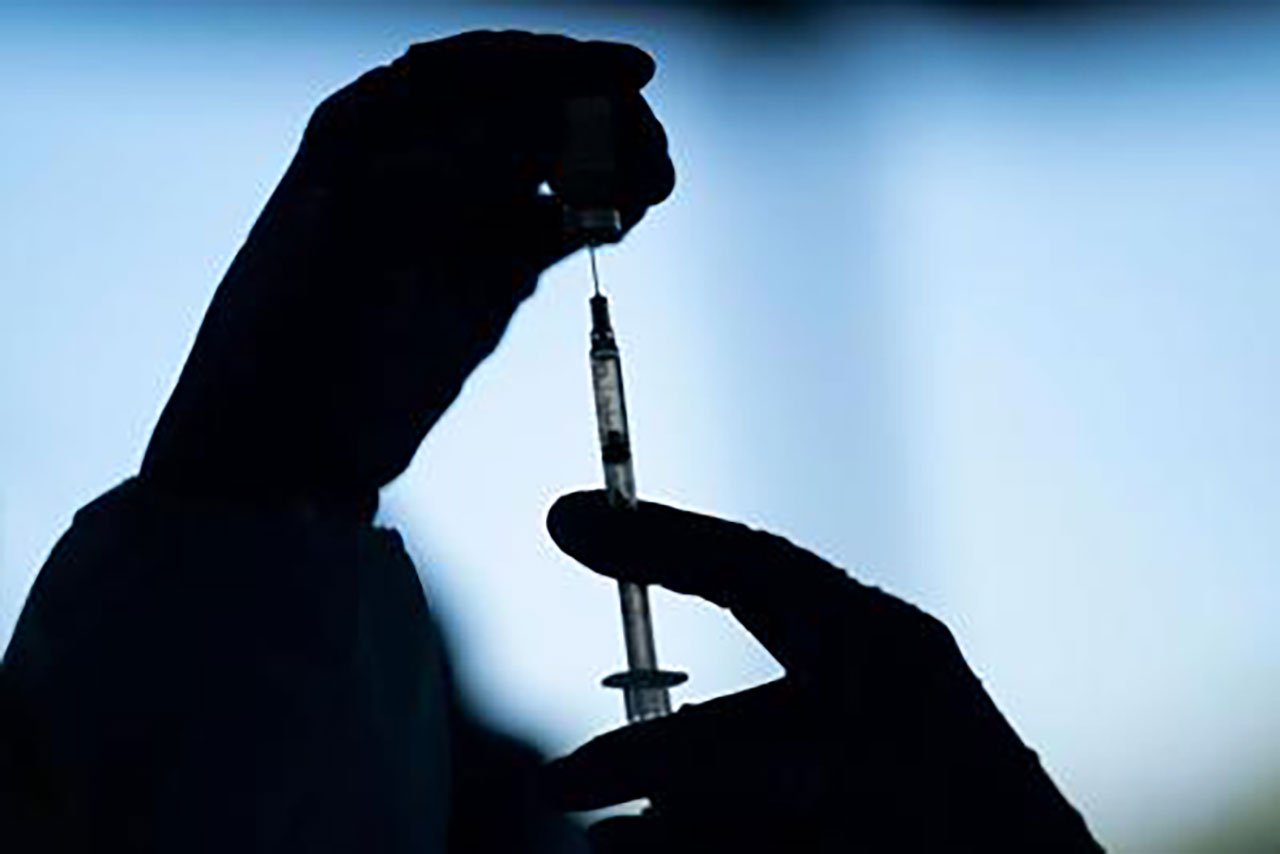
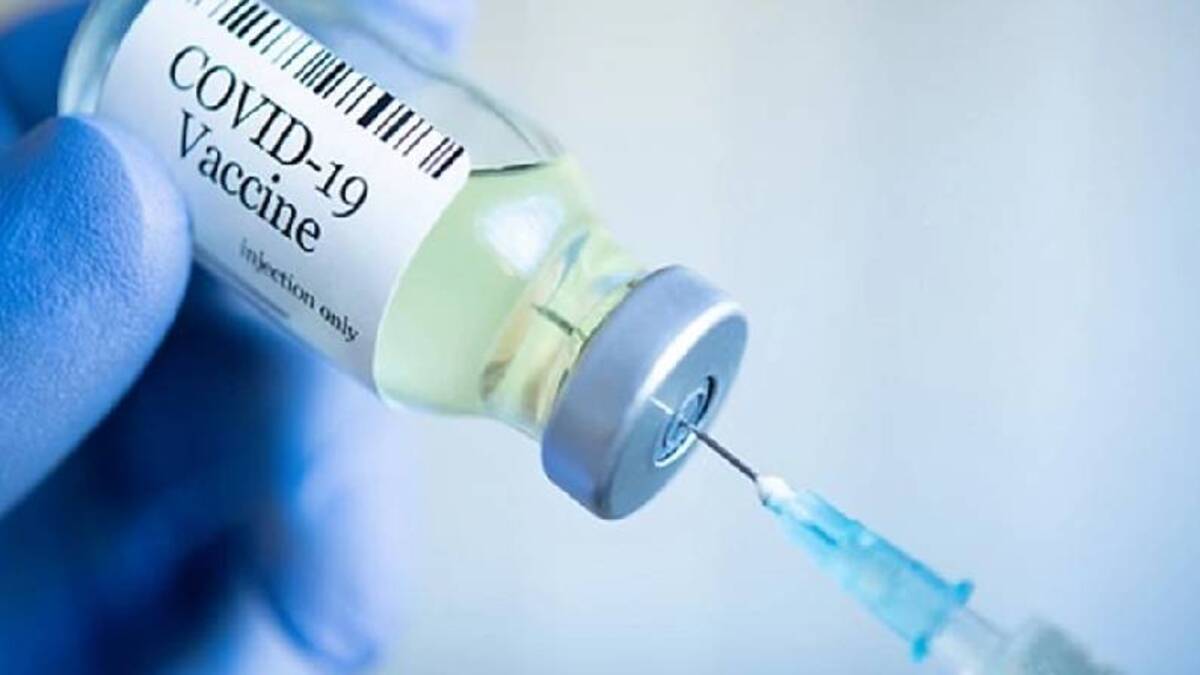
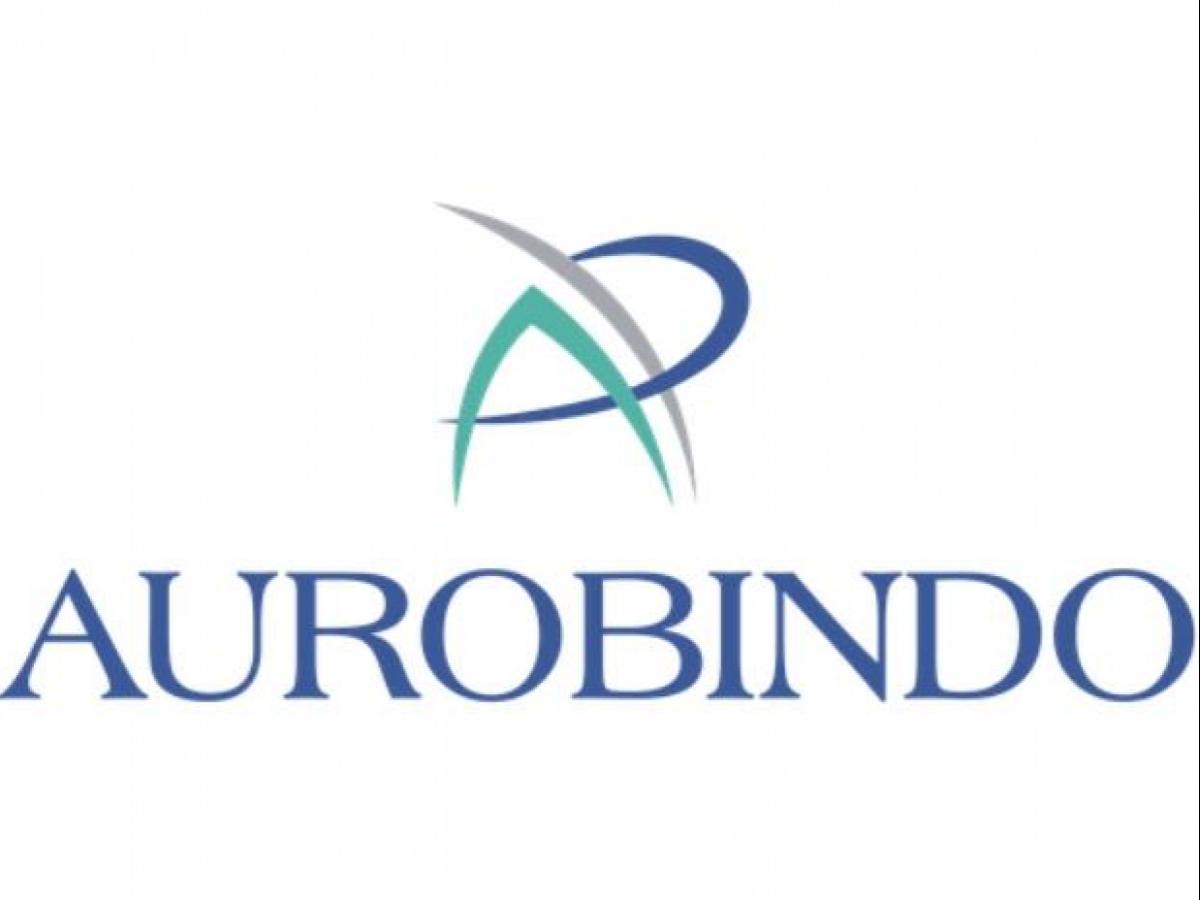
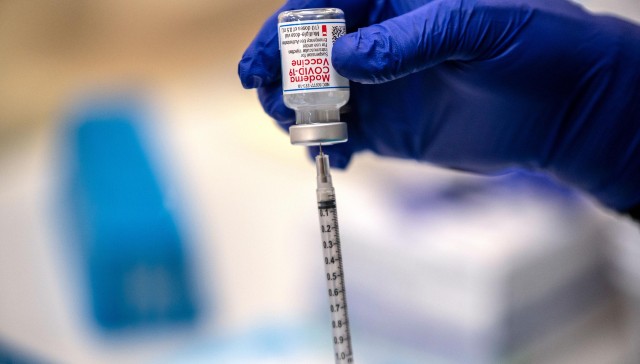

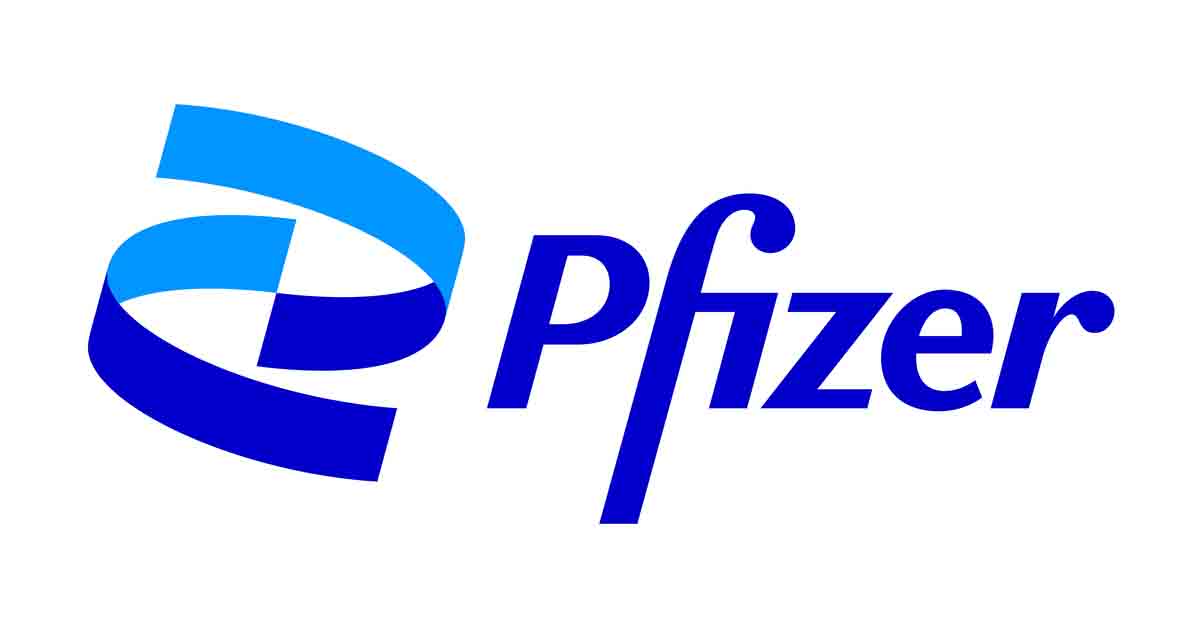





.jpeg)

.jpeg)










.jpg)




.jpg)

